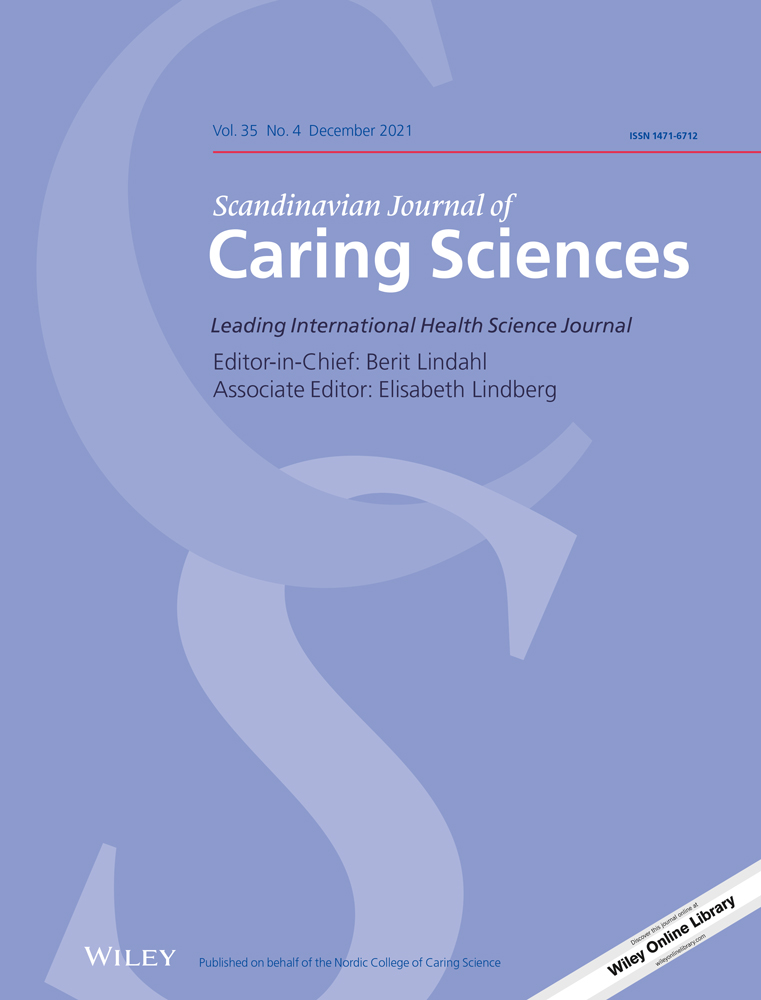Taking care of dying patients through an ‘interprofessional ecosystem’: a grounded theory study on the experience of an interprofessional team in palliative care
Abstract
Background
The interprofessional approach is part of the philosophy in palliative care, and its benefits are already documented. However, there are no evidence regarding the process through which the interprofessional team faces the process of the patient’s end-of-life and how this experience might be of value for the team’s development itself. The aim of this study was to analyse and understand the psychosocial processes that occurs when an interprofessional team accompanies patients and their families to death in palliative care, with the ultimate aim to develop a substantive theory to describe this phenomenon.
Methods
A Grounded Theory method, as theorized by Strauss and Corbin, was adopted for this study. Data were collected through semi-structured interviews and then independently analysed using constant comparison analysis. Fourteen healthcare professionals – belonging to different disciplines (doctor, nurse coordinator, nurse, nurse assistant, psychologist) – were interviewed in a Northern Italy palliative care facility.
Findings
The core category of this study was identified to be the process of accompaniment of the dying patient as an interprofessional ecosystem. Moreover, the results showed four main factors determining the development of the core psychosocial process: from professionals’ ‘Hidden Amazement’ to ‘Onerous Happiness’ where ‘Weaving of Professional Resources’ and ‘Work Meaning’ are the underlying conditions to catalyse the process itself.
Conclusion
Interprofessional care appears an essential value, which becomes the source of the team’s strength when facing end-of-life experiences. Health policies and organisations should take the importance of the characteristics of the work environment more carefully. The meaning that professionals attribute to their work and to the team itself, indeed, it may have impact on the overall quality of care and contribute to sustain work engagement, even in stressful situations like end-of-life care.
Conflicts of interest
The Authors declare that there is no conflict of interest with respect to the research, authorship and/or publication of this article.




